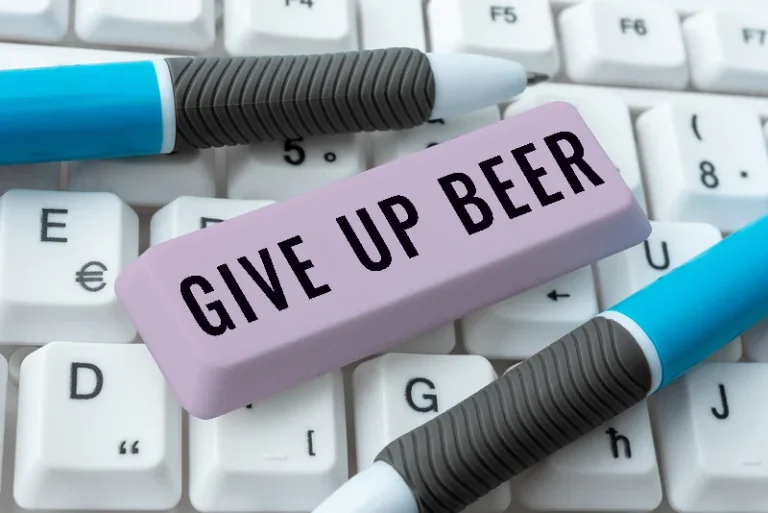
And while it is generally relegated to the spiritual domain, it has biological consequences. Our neurons are designed for adapting, their ability to connect to one another and the strength of those connections responsive to experience, to training and practice, at least up to a point. The tricky part is maintaining cognitive functioning in the face of emotional overarousal brought on by the upset of adversity. “Conflict avoidance can greatly connect to racial and gender privilege,” Ezelle explains. “For example, a heterosexual white man may feel more comfortable sharing his opinion, even if a conflict may arise, because of the more often than not presumed commonality among those in the room. It’s entirely possible to be very comfortable asserting yourself — but only once you’ve given yourself some private moments to reflect.
What are boundaries?
Choose an appropriate time and location to have a discussion about the conflict and make sure that both parties are ready and willing to converse. During the talk, objectively focus on the issue rather than the person. Avoid personal attacks, put down, or allegations, and use “I” statements to express your perspective. Stay calm and listen with curiosity to understand your partner while finding common ground. Respect both of your boundaries and rights while being willing to compromise and negotiate.

Share via:
- Segrin suggests rehearsing what you’ll say ahead of time, either mentally or with a trusted neutral party.
- No matter which way you put it, even kindly, you run the risk of the phrase coming across as dismissive.
- If you learned to adopt these behaviors when you were growing up, they can become a habit by the time you are an adult.
- They may act this way because they simply have a conflict-avoidant personality, or they may have also been diagnosed with conflict avoidance disorder, also known as an avoidant personality disorder.
Getting burned before is a pretty quick way to teach you to avoid fights. “Conflict-avoidant folks learned the hard way that the stress of confrontation makes them uncomfortable, so they avoid it the way a kid who touches a hot stove learns not to do so in future,” Masini says. Continually check in with yourself and the other person throughout the discussion to weigh whether everyone feels comfortable continuing, Jackson says. If things are getting heated, suggest stepping away for a few minutes to get some air or picking up the conversation again in a few days.
A guide to difficult conversations for people who hate confrontation

This can eventually create emotional distance and prevent the relationship from growing through honest communication and problem-solving. There’s a reason you or your partner is conflict avoidant and that reason deserves some empathy! Conflict avoiders have learned this way of being and there’s a basis or motive for these actions. For example, if your partner is the conflict avoider, it’s important to remember that they’re not avoiding you, they’re avoiding some scary idea they have of what speaking their truth will mean.

If someone crosses or violates your boundaries, let them know how you feel and what you expect. Take action to protect yourself if they persist or disrespect your boundaries. Ask for permission, listen to their cues, and accept their “no” without judgment, pressure, or manipulation. Assertive communication is a style of communication based on honesty, respect, and confidence. Assertiveness is the ability to express feelings and thoughts openly and to directly defend your rights while respecting the rights of https://ecosoberhouse.com/article/how-addictive-is-oxycontin/ others.
Build up more positive relationships.

This phrase risks invalidating the person’s feelings, making them feel like you’re brushing them off. Don’t be surprised if they spin it right back to you as a gaslighting tactic. “A person’s emotional response to a people, place or things is theirs alone, and arguably a sacred aspect of each and everyone’s humanity. The feelings can’t and shouldn’t be belittled,” writes PureWow Senior how to deal with someone who avoids conflict Editor Dana Dickey.
- What follows are nine strategies of resilience that, research shows, can help pull a person through.
- It’s never too late in life to learn how to develop healthier communication skills and address conflict.
- If you’ve been in a volatile relationship before, you’ve seen where confrontation can lead.

But I’ve also found that being a conflict avoider can be from what you didn’t see as a kid. For example, in my house growing up I never saw may parents argue. Any disagreement, no matter how small, was behind closed doors so I used to actually think my parents never fought! I inadvertently learned that a successful relationship (they were married 54 years when my dad died) meant that you didn’t argue at all! Never seeing conflict resolved successfully means I never learned this valuable and necessary skill. I didn’t know how to voice my opinion if it differed from someone else’s.